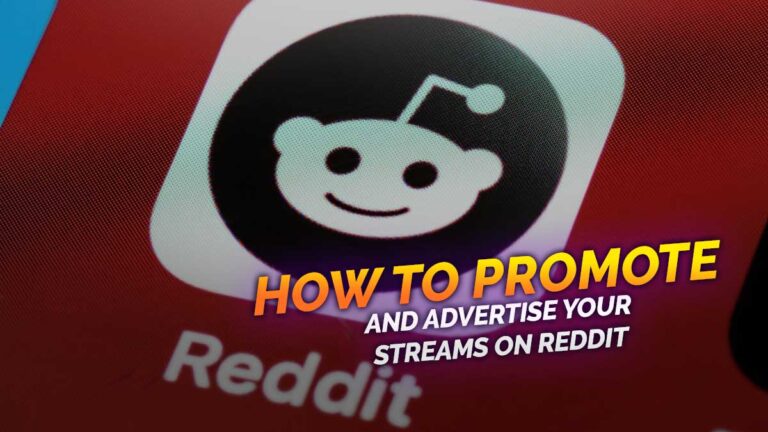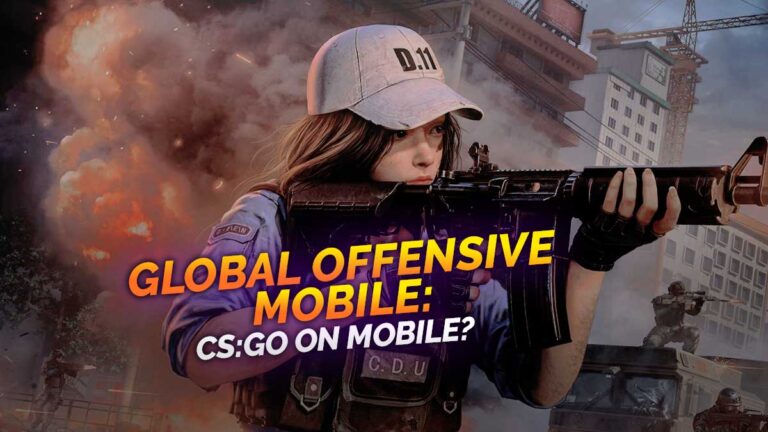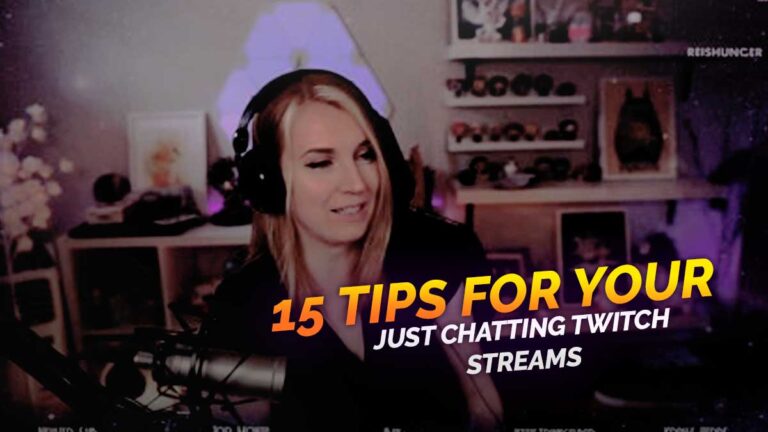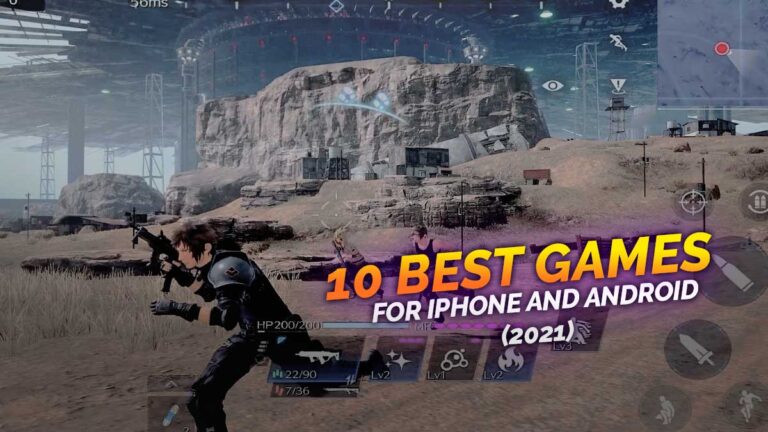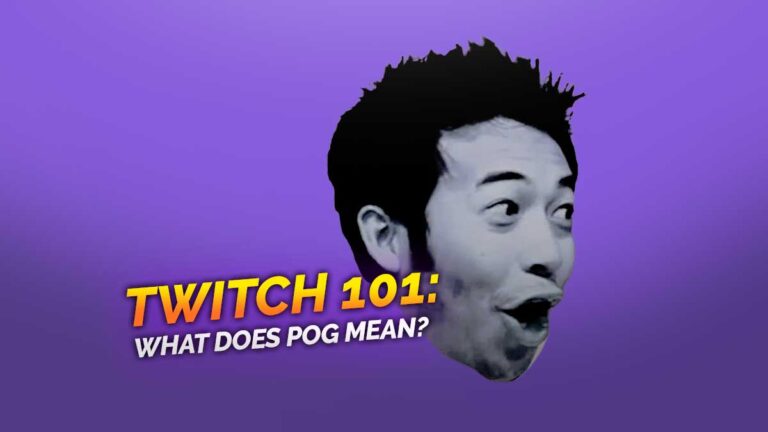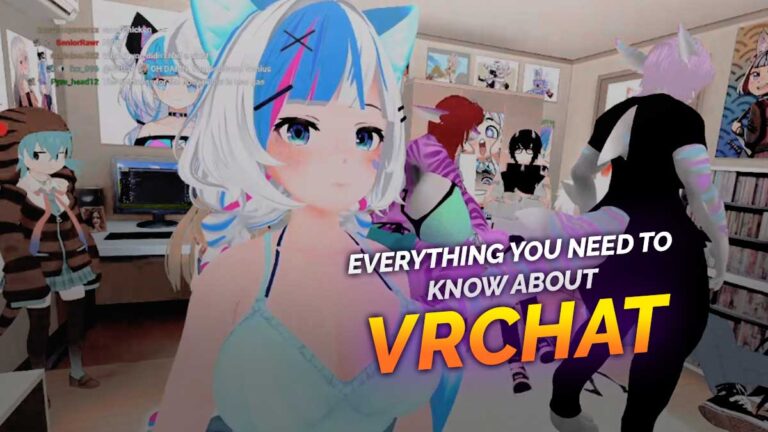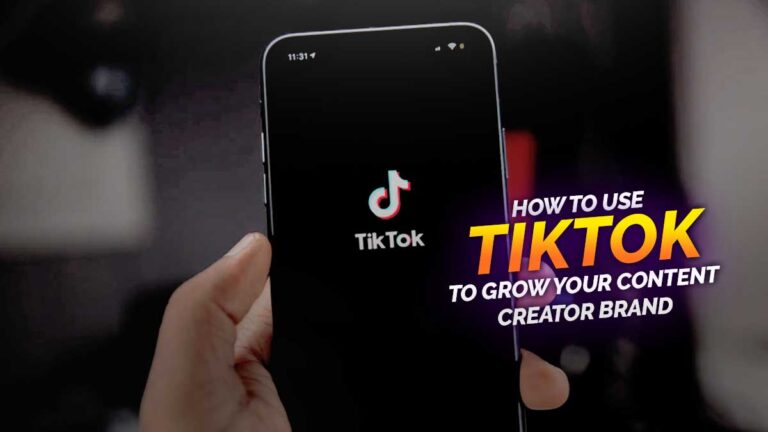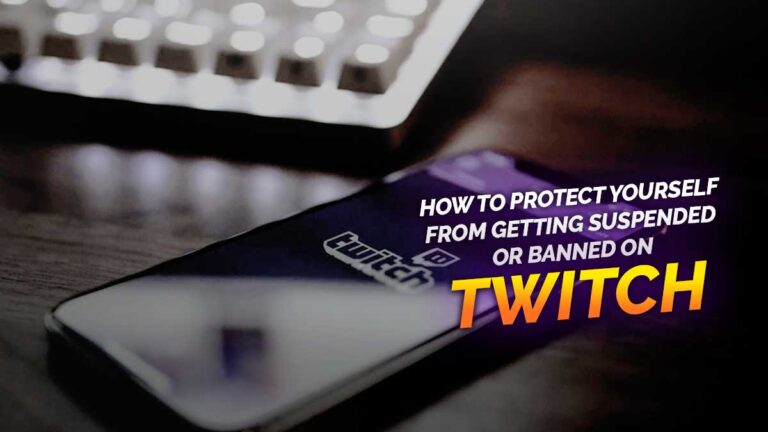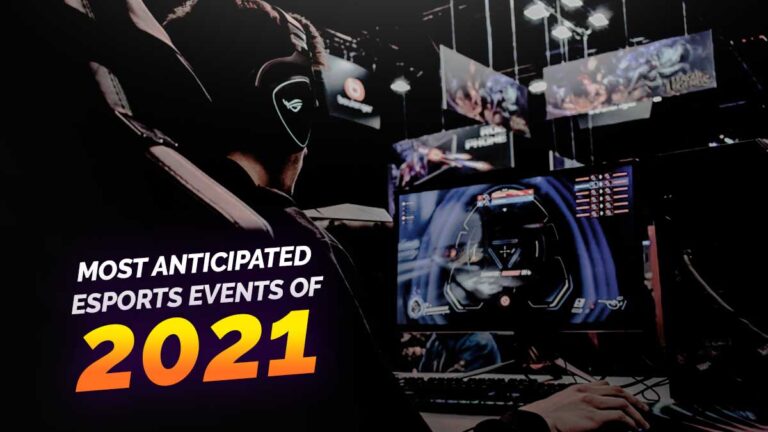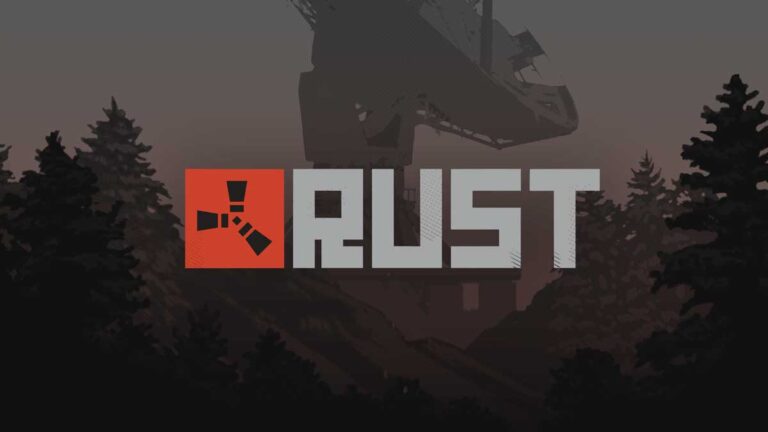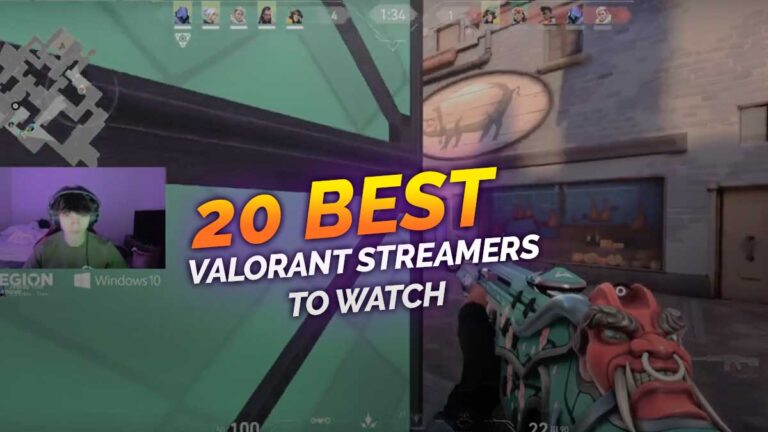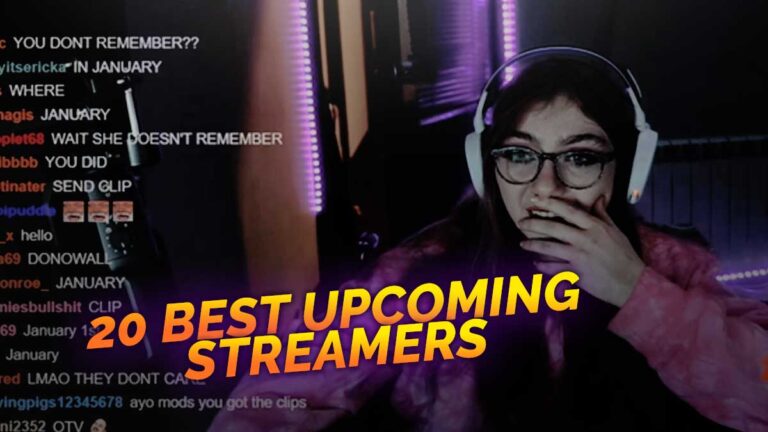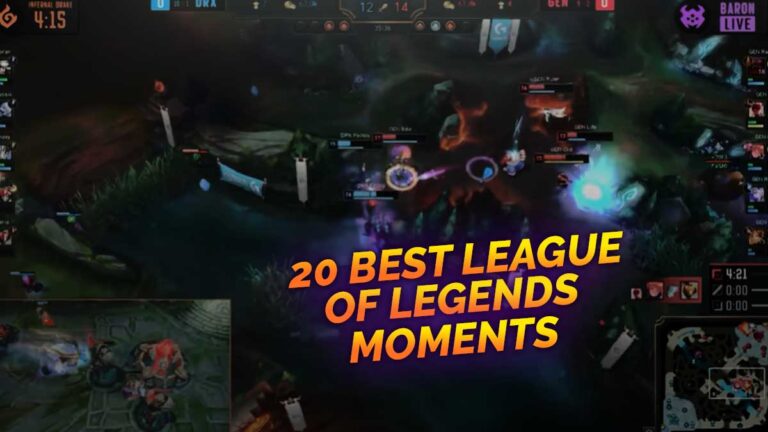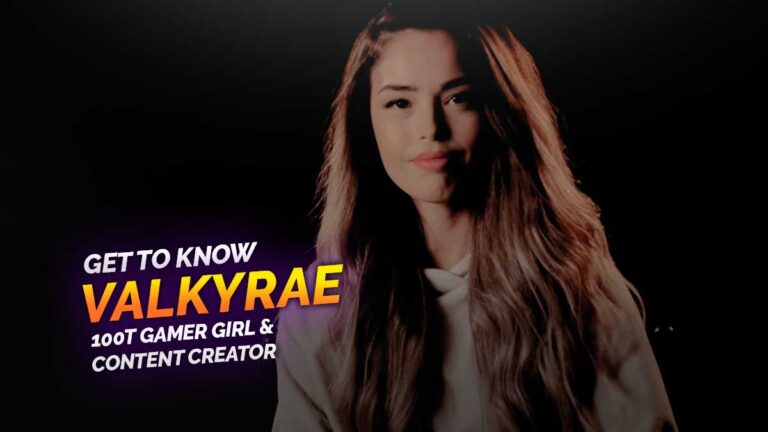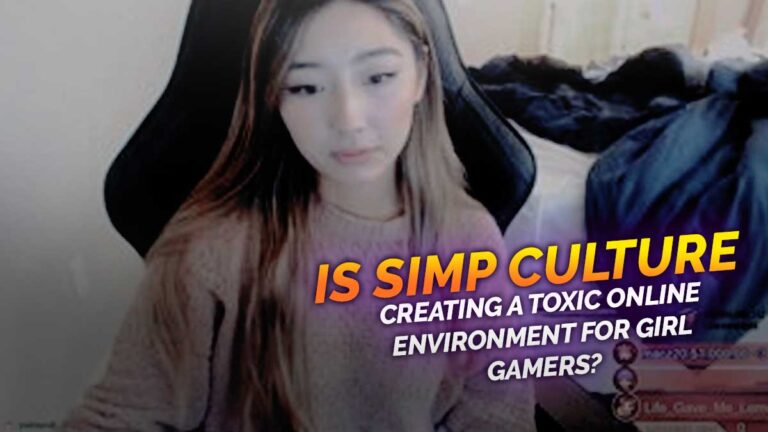Twitch staff recently slammed the company out on “toxic culture” against minorities, sexual assault, and more.
Previous and current employees speak of a work culture with prevalent indifference to inappropriate and abusive behavior.
Toxic culture?
Twitch has been long considered as the largest and most popular streaming platform across the globe.
Even if contenders like the previous Microsoft-owned Mixer and Facebook Gaming rise up to challenge Twitch’s dominance, there’s no question on the latter’s greater reach and influence.
Despite this success, however, the company has been allegedly fostering a “toxic culture” according to anonymous current and former employees.
Against minorities
In 2011, Twitch was initially launched as a spin-off of Justin.tv, an IRL streaming platform. The company was later acquired by Amazon in 2014 and was converted into an official subsidiary.
But, Twitch’s predominantly white, male-prevalent environment allegedly remained toxic toward minorities. Twitch executives and high-level staff were called out as complicit in problematic behavior over the years.
Probably the most recent account is how the company failed to take into serious consideration the reports of stalking from one of Twitch’s followers on its streamer, Sweet Anita.
Another case is how they banned Hassan Bokhari, a Partnership Director, over “unknown reasons” following various public accusations of sexual misconduct.
Exposed?
Brendan Sinclair from gamesindustry.biz wrote a long exposé composed of interviews with anonymous Twitch employees, further revealing that the previous incidents actually indicate Twitch’s rotten company culture.
Anonymous employees reached out in hopes of urging Twitch executives to fix the toxic company culture from its core, instead of issuing band-aid solutions to appease their brand image to the public.
“Twitch repeatedly swept accounts of harassment and abuse under the rug: sexual, verbal, physical abuse, and racism. And not just my own. It took place in the office. At events. In meetings and behind closed doors. It was rampant and unavoidable. We heard about it in the halls. We saw it at our desks. It was overt and part of the job.”
“This is about a broken company, toxic culture, and unsafe environment for women and the fact that these men continue to be rewarded and move up within the industry while the women that are targeted continue to be held down. I challenge you to stand by your word and prove to this community that you aren’t just reacting to public pressure through an empty-worded tweet, and show your commitment to stand by creating a safer workplace and community for women.”
The issue also includes racism, homophobia, and a toxic hierarchical behavior— sparing high-level executives from taking accountability.
For instance, Twitch’s Black Lives Matter video was pulled off-air after public criticism since it contained only one Black person amidst a sea of white voices. Many people called it tonedeaf for the company to do so.
Twitch’s social media team also infamously suggested that the “G” in “LGBTQIA+” referenced “Gamer,” which was seen as an insensitive PR move.
Twitch is yet to officially issue a response to these recent public allegations, but many people are waiting to hear their side of the story.
Will they acknowledge the various personal accounts, or offer a narrative of their own?




